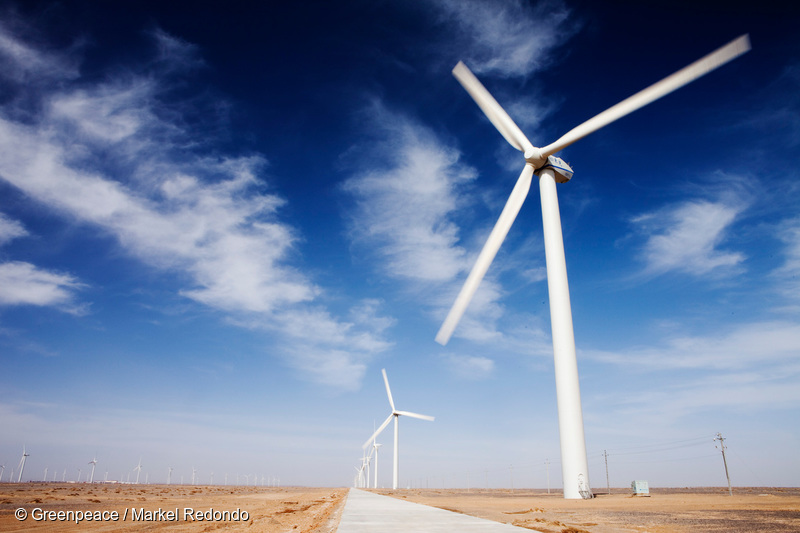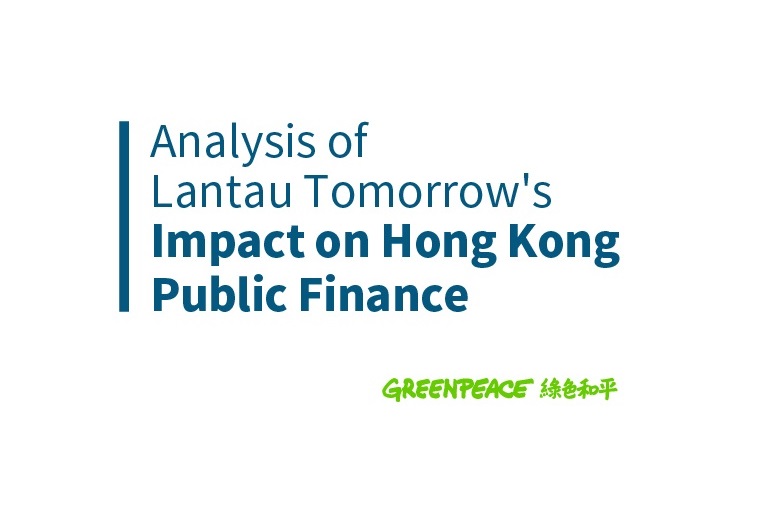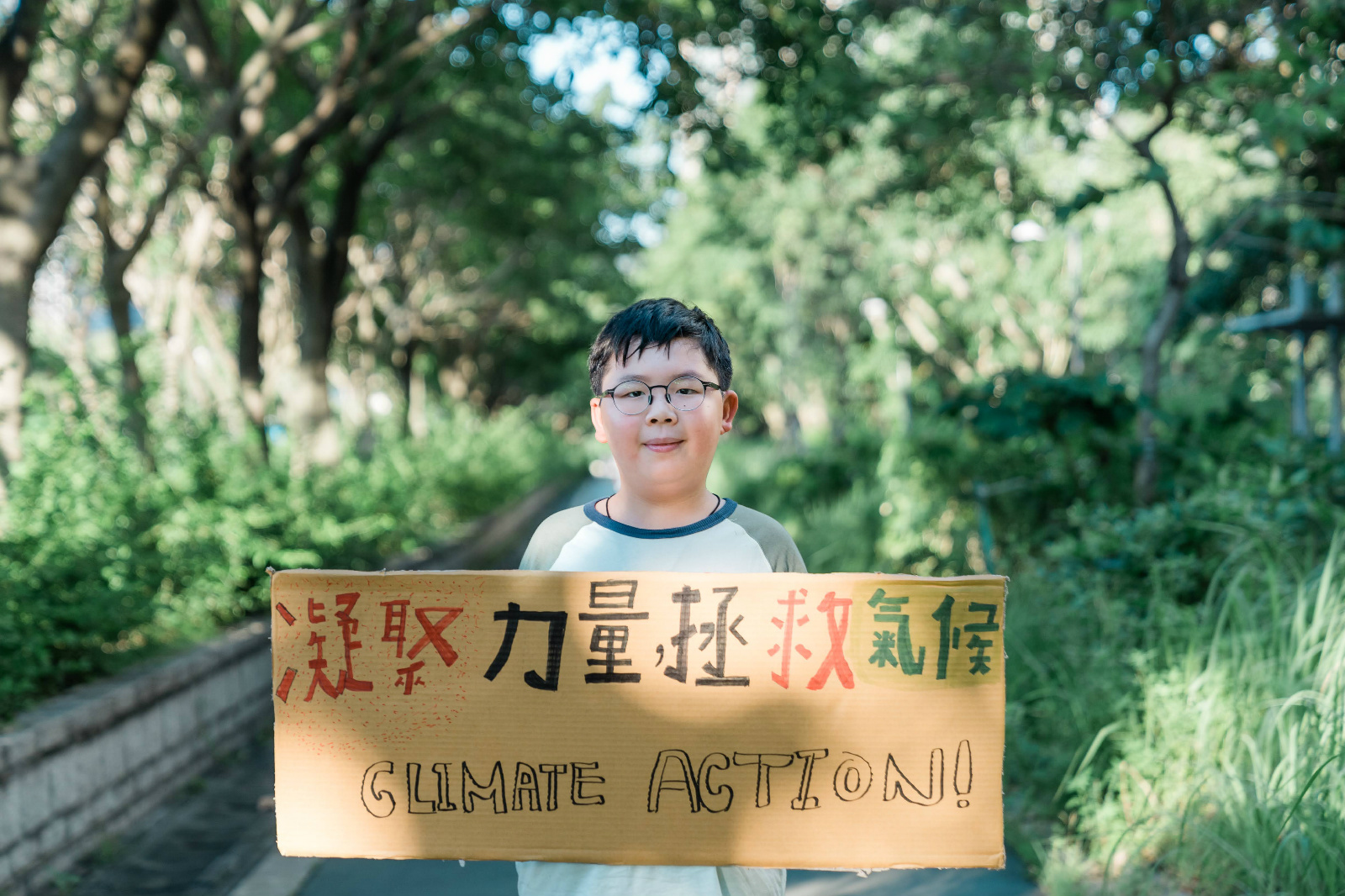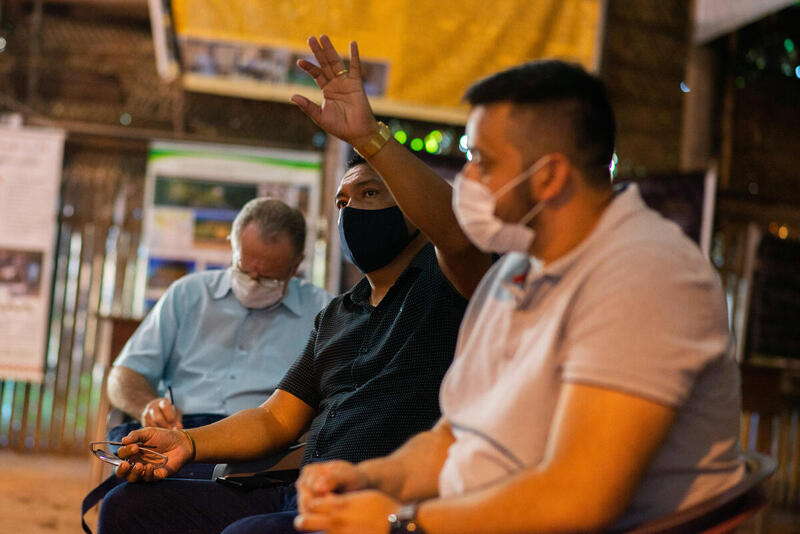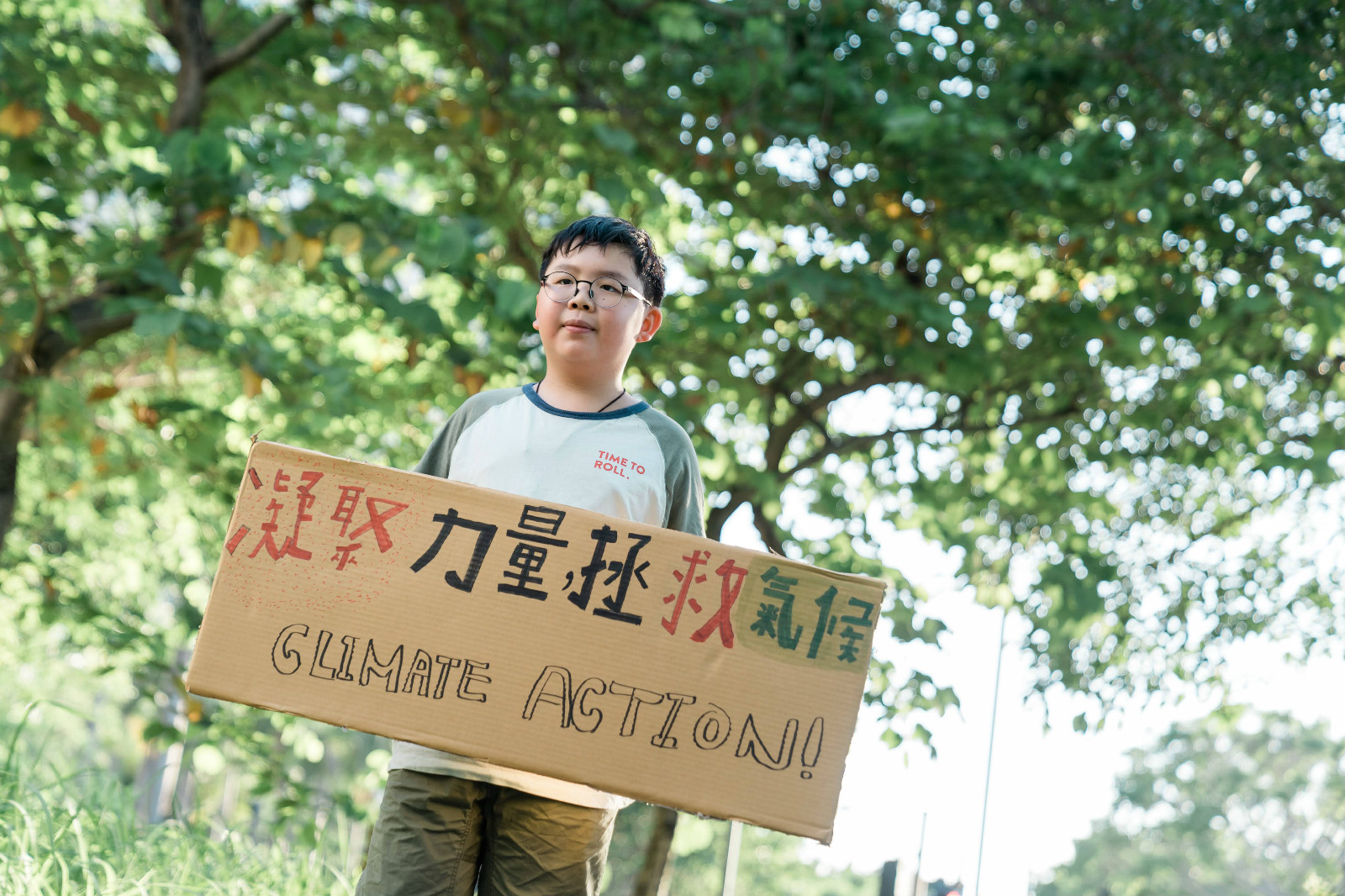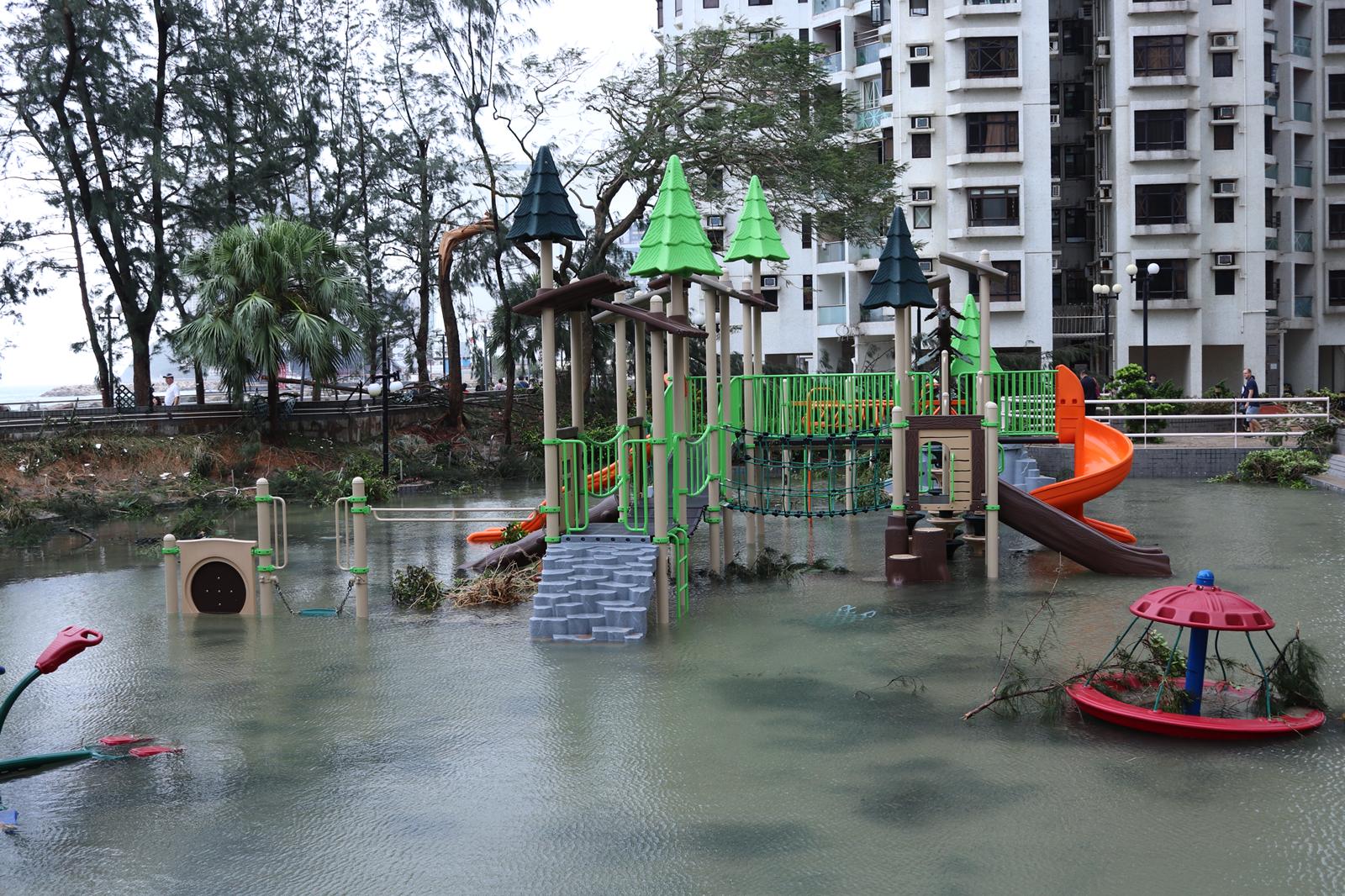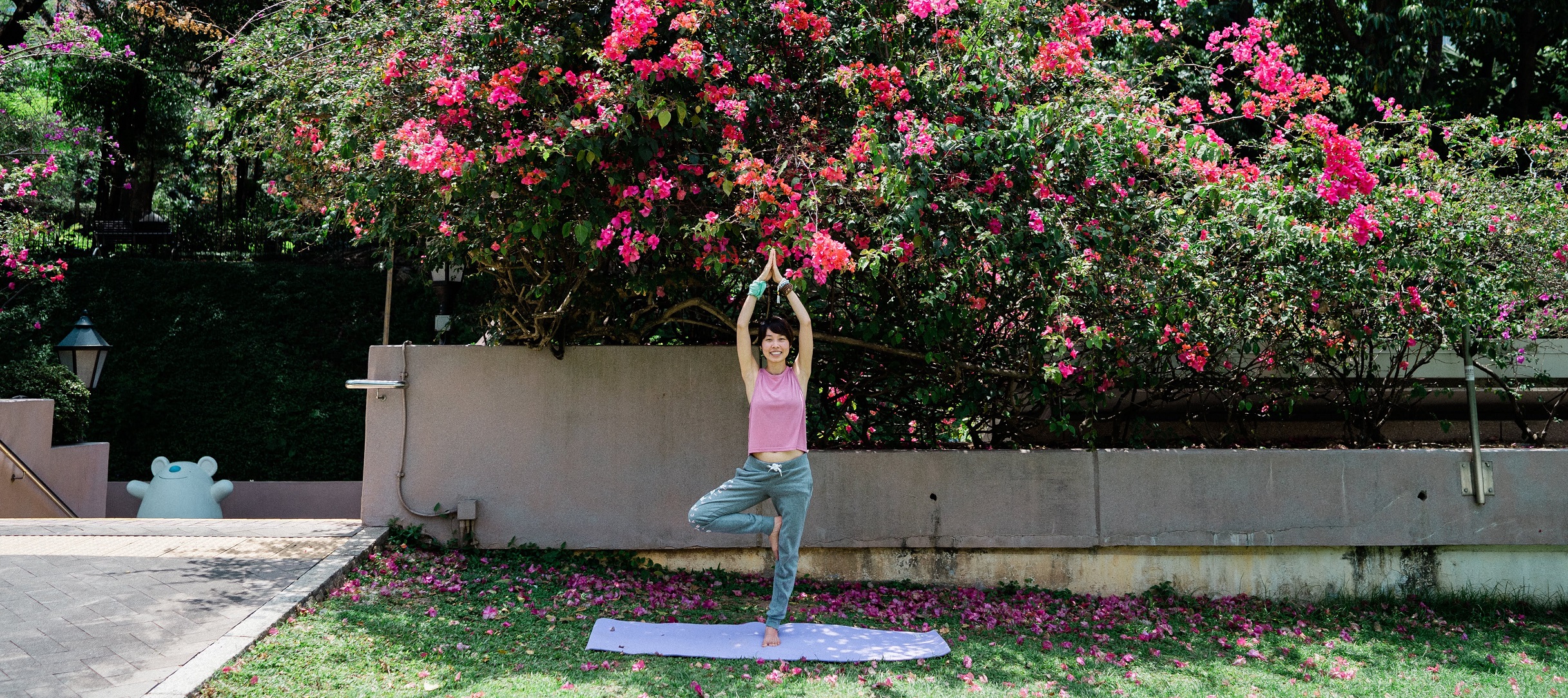News & Stories
Filtered results
-
China announces enhanced climate commitments: Greenpeace response
Beijing, 23 September 2020 – In a speech at the United Nations General Assembly on Tuesday, China’s President Xi Jinping pledged that China will peak its CO2 emissions before 2030…
-
‘Analysis of Lantau Tomorrow’s Impact on Hong Kong Public Finance’ Report
Greenpeace jointly published the ‘Analysis of Lantau Tomorrow's Impact on Hong Kong Public Finance’ report with Prof. Andy Kwan Cheuk-chiu, former associate economics professor at the Chinese University of Hong Kong and director of ACE Centre for Business and Economic Research. The report finds that Hong Kong’s public finance is facing multiple crises such as…
-
【#TuesPlasticFree Challenge】Join us to walk the talk!
As the COVID-19 threat prevails, the surge of plastic pollution from disposable masks seems inevitable. Together with the countless single-used plastics from supermarket packaging, the world is no doubt pushing…
-
Let’s talk about climate change: Teen climate activist Lance Lau’s green daily
11-year-old Hong Kong teenager Lance Lau cares about the impact of climate crisis and has been proactive in taking action to raise public awareness. Greenpeace has interviewed Lance last month…
-
3 Everyday Foods that Contain Microplastics
Our life is plasticised! New research shows microplastics present in frequently consumed fruit and vegetables. It is time to ban throwaway plastic packaging and support research into the health impacts…
-
Response to COVID-19 and other disruptive moments
As a campaigning organization, how are we going to respond to the crisis of COVID-19?
-
Let’s talk about climate change: 11-year-old Lance Lau commits to Climate Action!
On the first Friday since primary school reopened after 4 months of COVID-19 closure, a Hong Kong teenager Lance Lau was back in his weekly climate action at school in…
-
Climate change alert: will your home be safe by mid of the century?
An interactive map displays how extreme storm surges cause threats to Hong Kong.
-
Critically endangered Sumatran tiger tragically killed in a trap in concession where pulp company continues clearing peatlands
In Indonesia, the concession land owned by the paper giant "Asian Pulp and Paper" APP is one of the most fire impacted areas in recent years. The root cause is large-scale deforestation and peat land degradation. This destruction robs tigers of their natural habitat, forcing them accidentally into traps, leaving the already critically endangered Sumatran…
-
Let’s talk about climate change: Fion Lam connects her body, mind, and soul to the love of nature
To a yoga practitioner, facilitates people to connect their body, mind, and soul might be a life-long mission. For Fion Lam, a yoga teacher and a green activist, she is definitely looking for more. “Protecting the environment is never a hobby or something to do only when you are free. It is a responsibility, an…

